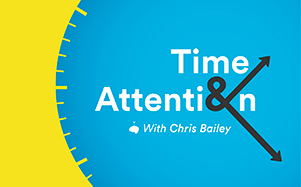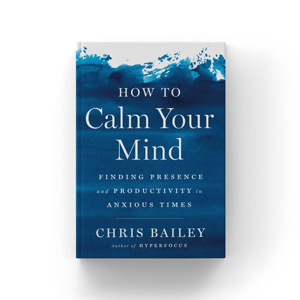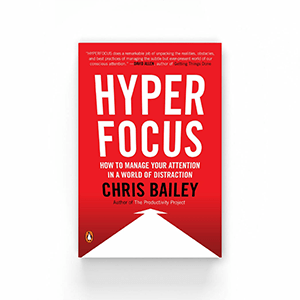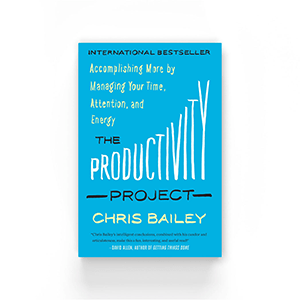Estimated Reading Time:4 minutes, 9s. (But it’s skimmable.)
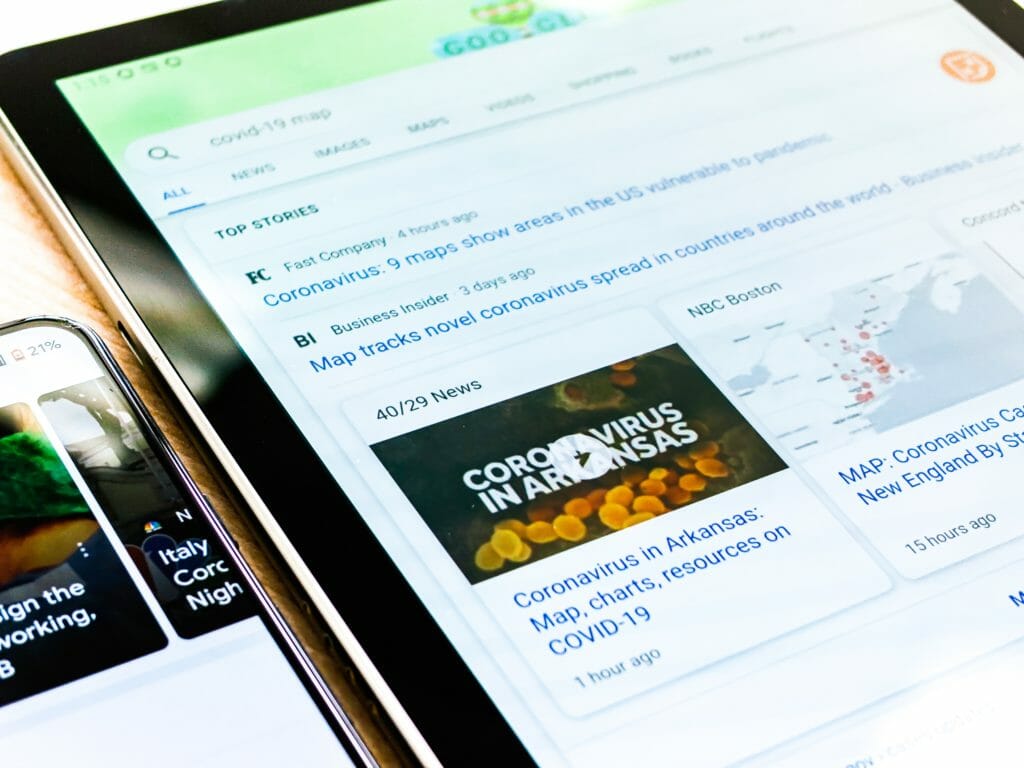
The news is a distraction during normal times. Needless to say, during a global pandemic, it’s especially all-consuming. This is probably as it should be: there are a lot of important things happening around the world right now. But, at the same time, when we check the news too often throughout the day, we become less happy, calm, and productive as a result.
One study illuminates this well. In the experiment, researchers exposed participants to three minutes of negative news in the morning. When they measured participants’ levels of happiness at the end of the day, compared to a control group, those exposed to the negative news were 27% less likely to say that they were happy.
During a time like this, we need to stay informed—we shouldn’t bury our head in the sand. But we also shouldn’t consume so much news that we compromise our mental health.
Here are a few suggestions for how to not keep refreshing the news that have worked well for me!
—
Schedule time for news consumption. At the start of each day, schedule time during which you’ll connect to the news. By blocking off time to check for news updates, and not checking the rest of the day, you feel more in control, and feel a bit happier as a result.
Align your news consumption time with the important press conferences in your country. Learn when the important press conferences for your country are happening each day (in Canada, where I live, there’s at least one press conference happening each day), and use that time to watch them, while catching up on the news.
Start your day by doing something slow, before you check for news updates. How we spend our mornings sets the tone for the entire day. By starting your day on an anxious note by checking the news, you’re more likely to check the news more often and feel anxious the remainder of the day, too. Start the day on a slow note: drink your morning coffee or tea with a good book, or with your partner or a friend over video chat if you live alone. You’ll feel a lot calmer when you start the day slowly.
Get push notifications from just one place—and make that place a local news organization. If you feel the need to stay on top of what’s happening throughout the day, and you don’t want to disconnect from the news, sign up to receive alerts for just one local news organization. One way of doing this: sign up for a new twitter account, follow just one local newspaper, and receive an alert each time they post or share a new message. This way, you can stay on top of local news, minimize compulsive checking, and consume less news overall while knowing what’s happening.
Have a reason for checking. We often check the news without having a clear reason for doing so. If you’re not careful, compulsively checking for news updates creates a cycle of anxious consumption that feeds on itself. Notice when you’re checking the news because you feel anxious, and when you are checking the news because you genuinely want to be informed about what’s going on.
Make a list of what you can and can’t control. You’ve likely heard this tidbit before: it’s completely pointless to stress about events that are outside of your control. This advice has been repeated so often that it has become cliché. Yet, within each cliché lies a kernel of truth. Find a sheet of paper and a pen, and divide the sheet into two columns. On one side, list out everything that’s within your control with the current pandemic (like your news consumption), and everything you can’t control (like the rate at which it’s spreading). After doing this activity myself, I’m finding that I’m checking the news far less often.
If you’re not working right now, find something to be engaged with throughout the day. Hardly anything makes us happier than having something that engages us throughout the day—for this reason, our work makes us happier than we think. If you’re out of work right now, find something to become engaged with throughout the day. Take an online course. Pick up an instrument you haven’t played for a while, and practice it as if you’re on your way to becoming a world-class expert. Create a schedule for yourself, acting as if self-care is your full-time job. When you find something engaging to focus on throughout the day, you won’t want to fill the white space on your calendar with checking the news.
Challenge yourself to check for news updates just two times today. This might be one of the tougher items on the list, but it’s worth aiming for. After checking the news as little as you possibly can, reflect on how you feel at the end of the day, compared to days when you consume the news nonstop. Chances are you’ll want to check the news far less from that point forward.
—
It’s pretty important to stay informed during a time of crisis—but only up to a point. If you find that your news consumption is affecting your mental health, the above strategies should help!

